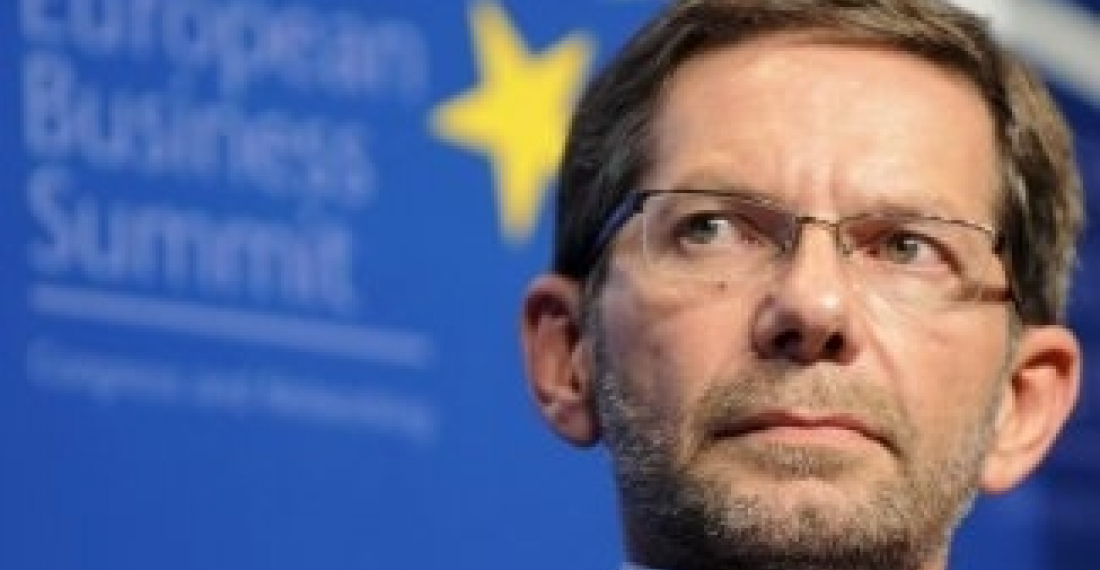БАКУ, 8 апр - 1NEWS.AZ
Консорциум Nabucco предложил консорциуму «Шах-Дениз» 50% в проекте газопровода Nabucco West.
Об этом заявил сегодня журналистам исполнительный директор консорциума Рейнард Митчек.
По его словам, данный пакет предложений был согласован в середине января.
«Я думаю, что обе стороны удовлетворены таким сбалансированным решением», - сказал Р.Митчек
«Когда консорциум «Шах-Дениз» примет решение по проекту Nabucco West в конце июня, еще потребуется 2-3 месяца на вступление компаний консорциума в акционеры проекта.
Как только «Шах-Дениз» будет готов направить первые кубометры газа в Европу, мы будем готовы», - добавил Р.Митчек, комментируя вопрос о времени начала реализации проекта.
Консорциум Nabucco ведет работу с потенциальными финансовыми институтами, которые могли бы инвестировать в проект. Среди них Р.Митчек назвал Европейский инвестиционный банк (EIB), Европейский банк реконструкции и развития (EBRD) и Международную финансовую корпорацию (IFC).
«Так что в этом вопросе мы достаточно продвинулись. Они ждут от нас результатов инженерных работ», - сказал он.
По его словам, переговоры с финансовыми институтами ожидается начать осенью: «Мы пока не достигли итогового решения с финансовыми институтами. Вначале нам необходимо определить структуру акционеров консорциума Nabucco, что будет известно ближе к осени, а также результаты инжиниринга, который пройдет летом».
Р.Митчек ожидает первых результатов переговоров уже в следующем году, что полностью соответствует в графику реализации проекта.
«Если мы достигнем договоренности с финансовыми институтами в следующем году, то строительство трубопровода может быть начато уже в 2015 году» - заявил Р. Митчек.
Елена Остапенко, Бахрам Рустамбеков






